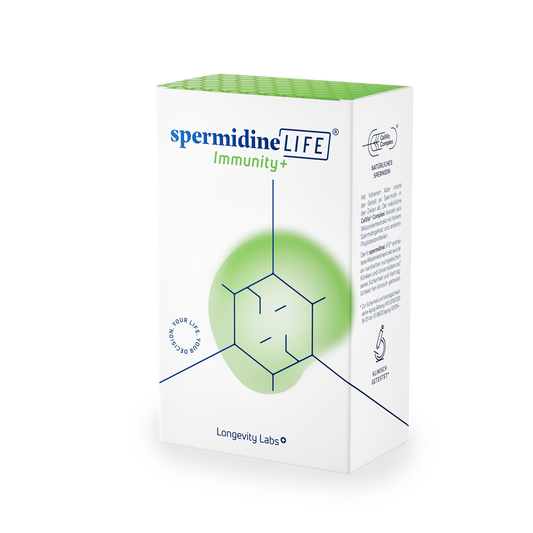
Meet the latest member of our Scientific Advisory Board: Prof. David Sinclair, PhD, one of the pioneers in research in the fields of gerontology and cell biology
Corporate, TLL LongevityLabsIn our series of portraits of the people in our Scientific Advisory Board we would like to introduce to you Prof. David Sinclair, PhD, the latest expert joining the board. Does this name sound familiar to you? That wouldn’t be a great surprise. David Sinclair is an Australian biologist who works as a genetics professor at the Harvard Medical School. His field of expertise? Aging – and how we can stop it.
David Andrew Sinclair, PhD, is a true pioneer in the scientific research on the human aging process. That’s why we are even more happy to welcome him on our Scientific Advisory Board!
But before we shall ask David Sinclair how he plans to stop aging, let’s start at the beginning:
David Andrew Sinclair was born in Australia in 1969 and grew up in St. Ives, New South Wales. He successfully graduated from the University of New South Wales where he was awarded the “Australian Commonwealth Prize”. But he did not stop there: In 1995, he received his PhD in molecular genetics and hence geared his career into gerontology and research on aging. After completing his postdoc at the MIT, he started his Harvard career in 1999 where he become the head of the Paul F. Glenn Laboratory for research on biological aging mechanisms. Today, he shares the responsibility for heading the department with Bruce Yankner.
The vision of immortality
His research got a kickstart when he started to explore the enzyme sirtuin. Sirtuins are known for slowing down the aging process and repairing damaged cells. How these sirtuins work and how they are activated are among the primary topics in gerontology and cell research because of their enormous potential in the field.
Scientists have found that there is more than just one way to activate them inside our body. An empty stomach, for example, activates sirtuins in a similar way as it stimulates autophagy. That is why sirtuin activation is often associated with interval fasting.
However, it is not just interval fasting but also certain foods that can provoke an increased sirtuin activity. Among the typical food items that fall into this category are mainly vegetables such as apples, blueberries and citrus fruits as well as broccoli, kale, walnuts and arugula.
In 2003, Sinclair came across a group of scientists working for a biotech company called “Biomol Research Laboratories” who had discovered that polyphenols, among which resveratrol, can activate sirtuin. He teamed up with them to find out what was behind this discovery.
Together with Andrew Perlman, Christoph Westphal, Richard Aldrich, Richard Pops and Paul Schimmel he founded “Sirtris Pharmaceuticals”, a company focused on deepening the research in this field.
Subsequent research developments are extremely controversial. Some research institutes have confirmed the influence of resveratrol on sirtuins, while others have proven that the number of mitochondria in the cells of mice fed with resveratrol increased. Still others considered this new “super molecule” with much more reservation.
And then?
Despite all controversies, Sinclair’s research laboratories continued their work on resveratrol, mitochondria and other cell components with one single objective: They wanted to find out why we are aging and how we can prevent it.
“I believe that aging is a disease. I believe it is treatable. I believe we can treat it within our lifetimes. And in doing so, I believe, everything we know about human health will be fundamentally changed.” – David A. Sinclair
In September 2019, he published the book Lifespan: Why we age – and why we don’t have to together with Matthew D. LaPlante. It soon become a New York Times bestseller and was translated into more than 18 different languages! During his career, Sinclair published more than 200 research papers, founded several companies and research institutes for research on aging, vaccination, diseases and much more and was involved in filing more than 50 patents.
In recent years, Prof. Sinclair, PhD, received a great number of awards for his revolutionary discoveries. That is why it is our honor to welcome him among the members of our Scientific Advisory Board. We look forward to use the expertise of a scientific advisor like him to include new exciting perspectives on the subject of age prevention in our own work and to constantly expand our research results.
A selection of his publications (You can find the complete list here)
Some of his awards:
1995: The Australian Commonwealth Prize
Nathan Shock Award
MERIT Award of the National Institutes of Health
Merck Prize
2004: Genzyme Outstanding Achievement in Biomedical Science Award
2006: Bio-Innovator Award
2006: Bright Sparks Award for top scientists under 45 issued by CosmosMagazin






